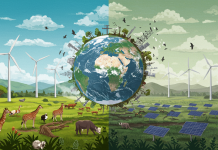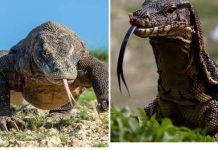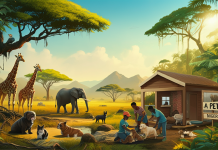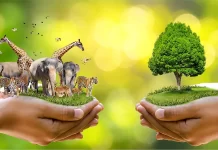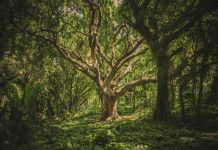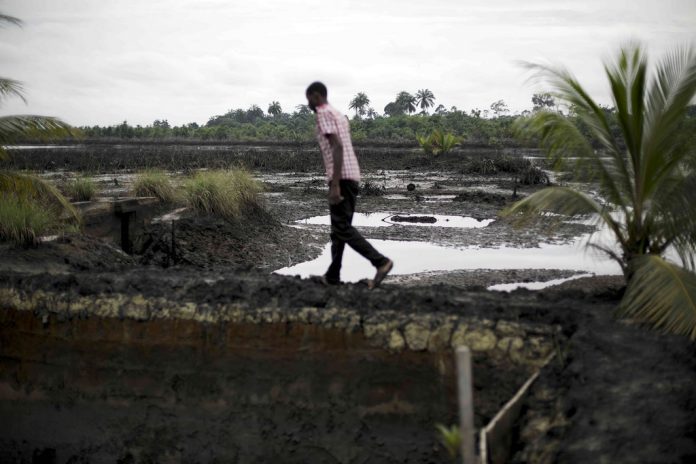Ogoni land women leaders in Rivers State have said the activities of the Hydrocarbon Pollution Remediation Project (HYPREP) has resulted in high level of diseases in their land instead of alleviating the problem.
The women made the revelation at a one-day media interactive session on the implementation of the United Nations Environment Programme (UNEP) report on the emergency measures at Kebetkache Women Development and Resource Centre in Port Harcourt.
According to the Ogoni women leaders, HYPREP has not provided potable water and health initiatives even after it was reported as an emergency measure by UNEP.
The representative of Kegbara Dere community, Gokana Local Government Area, lamented the bad state of the community, saying women suffered the most.
“My community has 56 oil wells and so the pollution level is high. However, HYPREP’s effort to clean up the land is not going well because it did not provide the emergency measures needed, especially for the safety of women,” she said.
She added that women are exposed to a higher risk of diseases like
heart attacks, breast cancer, skin diseases, tuberculosis, leading to premature death because they are the ones who use water the most.
“When the provision of health care, food, and good water was mentioned we were happy, but now the promises have gone with the wind. We don’t understand why they would jump the most important issue that has to do with health and good water supply,” the representative added.
“We have not seen anything that shows that the clean up is on. Whenever they visit, it is to meet with the chiefs and elders and they cover their eyes with money.
“We bury our children and relatives daily, and if anyone becomes pregnant, you automatically become a prayer warrior until the person puts to bed. HYPREP is not doing anything to save Ogoni Land; they are not concerned about the people’s health, but only interested in what they will gain.”
The representative of Kwawa community, Khana Local Government Area, Eucharia Brownson, doubted the existence of HYPREP because they have not seen anything to justify their presence in the community.
“We have not even seen anyone from HYPREP before, it’s as if we do not exist, the suffering is too much,” she said.
Responding to the women’s claims, HYPREP said that it was working towards providing potable water for the people while carrying out the clean-up of the Ogoniland.
HYPREP Project Coordinator, Dr. Marvin Dekil, said during a radio program,
View Point, on Rhythm 93.7 FM, that studies had been carried out towards ensuring the filtering and treating of water for the affected communities to drink.
He explained that HYPREP was aware of the needs of the communities and that nothing would be left unaddressed.
“As government, it means we must carry out necessary studies and also have the sort of capacity that will filter and treat the water as such that water going out to the public is of acceptable standard,” Dekil said.
“That means that even the facilities as we currently have in place, we need to study them and look at the quality they generate and we need to apply the necessary treatment where applicable. This is what we have been doing over this period.”
He noted that the companies on HYREP’s website are categorised into.
“The ones that will do consultancy in relation to existing facilities, the ones that will provide consultancy in relation to putting in new water facilities and the ones that will install new facilities,” he said.
“Now, we will also have to look at some projections beyond today so that we may be able to provide services that will give us water for today and for years to come.
“Every contract has a serious component that deals with the young people as security within the community. A whole bulk of work we are doing has to do with training the scientists we have today. Over 90 per cent of Hydrocarbon Pollution Remediation Project’s scientists are indigenous Ogoni scientists.”

